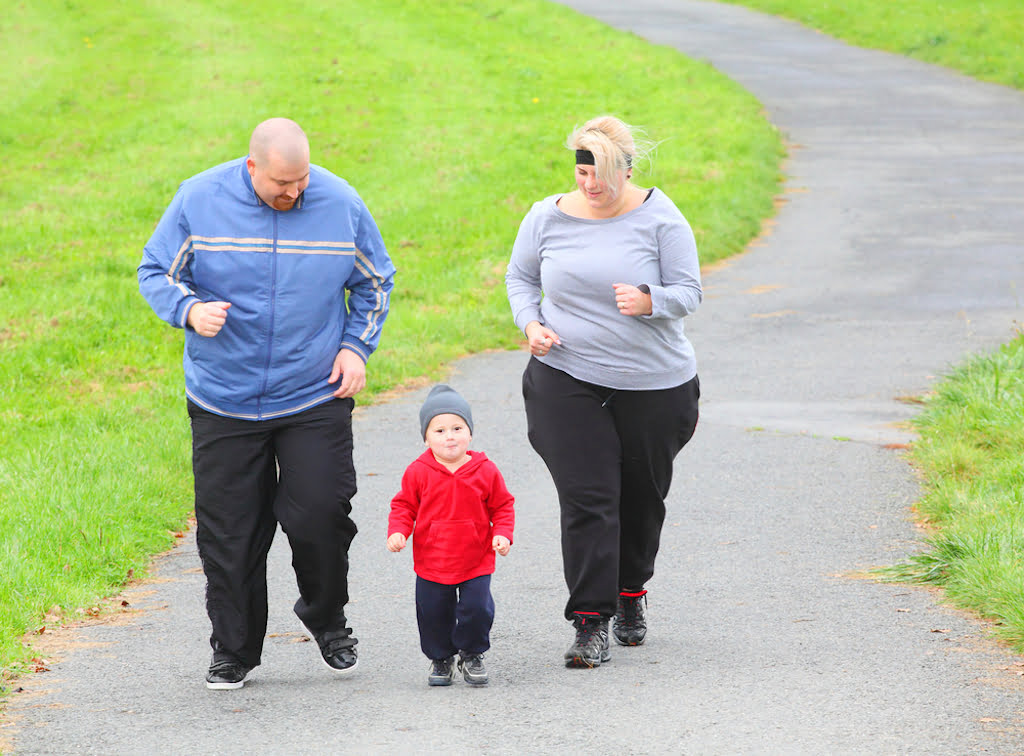Parents want the best things for their children. If you have overweight children, chances are you want to introduce them to some healthy habits. But sometimes that means ignoring popular diet advice. Often, what works for adults may not be best for kids.
Children have their own set of nutritional needs for healthy growth and development. The best way to help a child lose weight? Work with their pediatrician to make sure that they slim down safely. But you can also think about these simple steps to help your child — and the whole family — live a healthier, fitter lifestyle.
1. Set the right weight goal.
Look for the amount of weight your child should shed according to their BMI. Many younger children shouldn’t actually shed pounds. Since they’re still growing, they may need to maintain their weight or gain at a slower rate. Older teenagers may be able to lose half a pound to 2 pounds a week. Your child’s doctor can let you know what you should aim for.
2.Avoid diets and supplements.

Refrain from putting your overweight children on a diet. But unless their pediatrician recommends it, avoid these kinds of major calorie-cutting plans. They may mean they won’t get the nutrients and calories they need to grow. Plus, many diets may teach your child that certain items are “bad” or off-limits, which can change how they see food later in life.
Weight loss drugs or supplements aren’t a good idea either (except when the doctor prescribes them). There’s little or no research on how these pills affect children, so they may not be safe.
3. Be a role model.
Instead of singling out your child, have a conversation with the whole family about how you’d like to make healthy changes for everyone, including yourself.

Kids learn their habits from their parents. So it’s important to lead by example. One study found that children were much more likely to lose weight when their parents also slimmed down
4. Set small goals.
Don’t try to overhaul your family’s diet all at once. Instead, try making a few changes at a time. Small, manageable tweaks are more likely to last for a lifetime.
Make sure that your child eats a healthy breakfast. A morning meal with whole grains and protein, like a piece of whole-wheat toast with peanut butter, will help them feel full so they won’t overeat later in the day.
Start with one or two of these habits each week:
- Swap your child’s sugar-sweetened drinks, such as juice and soda, for water or low-fat or nonfat milk.
- Try more whole grains, such as whole wheat bread and brown or wild rice. Experiment with new ones, too.
- Try not to eat at restaurants or fast food joints more than once a week.
- Buy more fruits, vegetables, and other healthy snacks and fewer chips, cookies, and candy. If these high-calorie foods aren’t around, your kids can’t eat them. Do not declare any treats off-limits. Help your kids learn to have them in moderation.
- Keep an eye on portion sizes. Large plates and glasses encourage eating more, so you may want to downsize your tableware.
5. Eat meals together.

When you sit down as a family, it encourage healthier habits. At the start of each week, schedule a few family breakfasts, lunches, or dinners. If you can, get everyone involved in planning and cooking the meals.
6. Include more fruits and veggies.
Produce is generally low in calories and high in nutrients. Children need 1 to 3 cups of vegetables and 1 to 2 cups of fruit each day. Sneak in servings with these strategies:
- Have your child pick out their favorite produce in the grocery store.
- Blend together a fresh fruit smoothie for breakfast or a snack.
- Serve a fruit or veggie at each meal or snack.
- Use veggies instead of meat in child-friendly dishes.
7. Start exercising.
Experts say kids need 60 minutes of physical activity every day. If your child isn’t active already, you can help them work up to that goal:
- Make exercise a family outing. Go on walks, hikes, or bike rides together.
- Help your child find an activity they enjoy, whether that’s soccer, swimming, dancing, or simply running around the playground.
- Encourage them to spend time outside instead of in front of the TV or computer.
If you make these changes and your child still isn’t losing weight after a few months, you may need to talk to a health professional who specializes in weight loss for overweight children. They can guide you through a formal weight-control program.
The Global Child Prodigy wishes you Happy Parenting.
Also read: Anger management tips for children
Content creator and core team member at GCPA | Feel free to contact me at team@139.84.133.140

